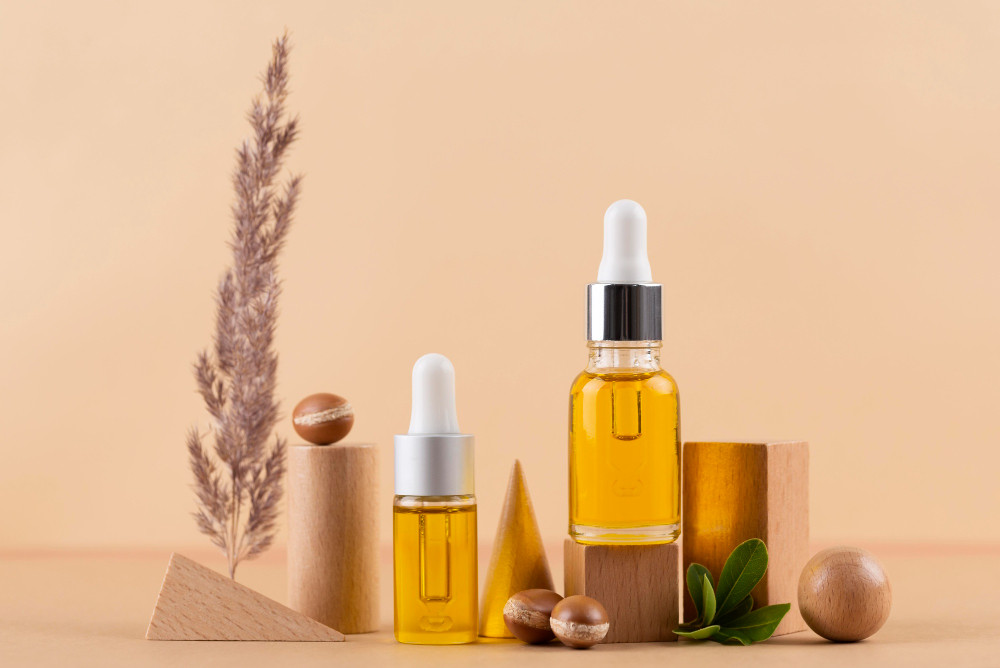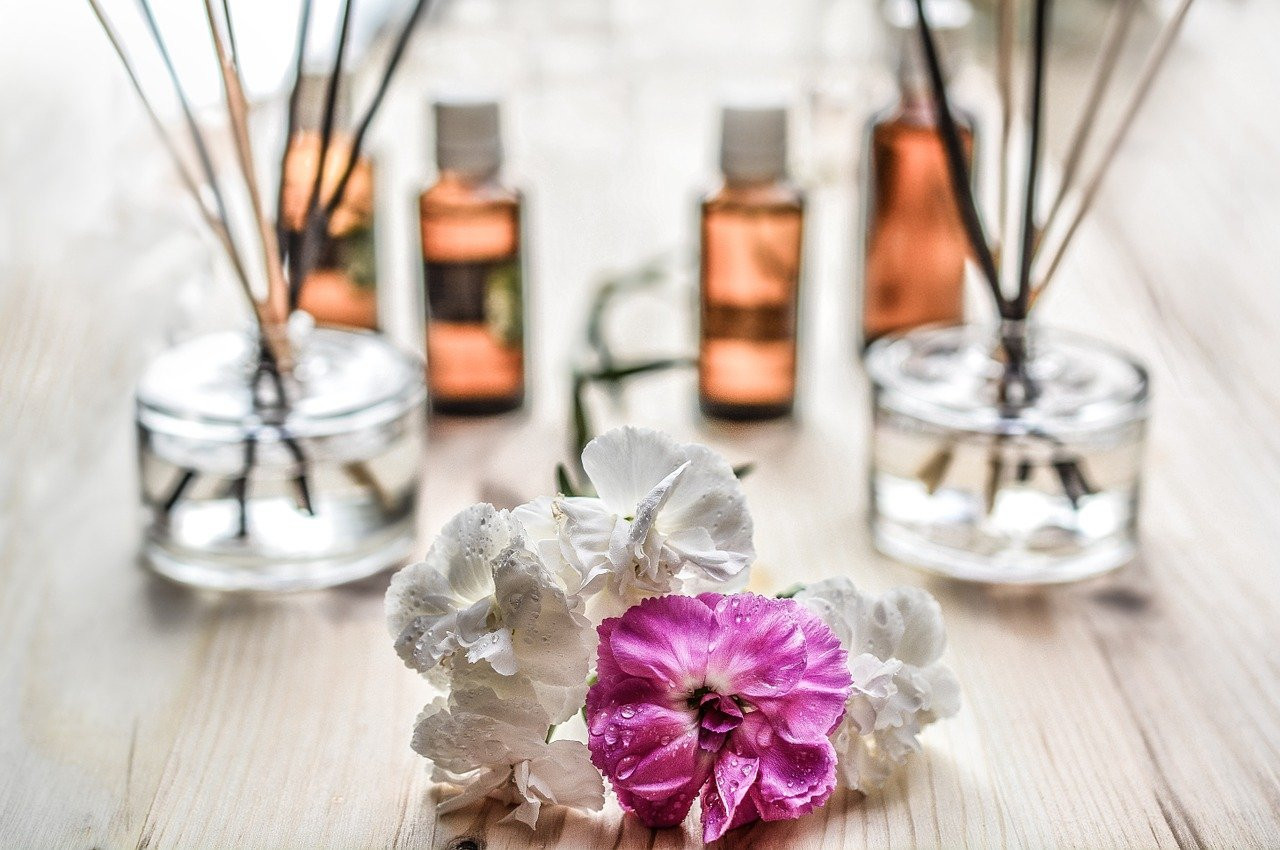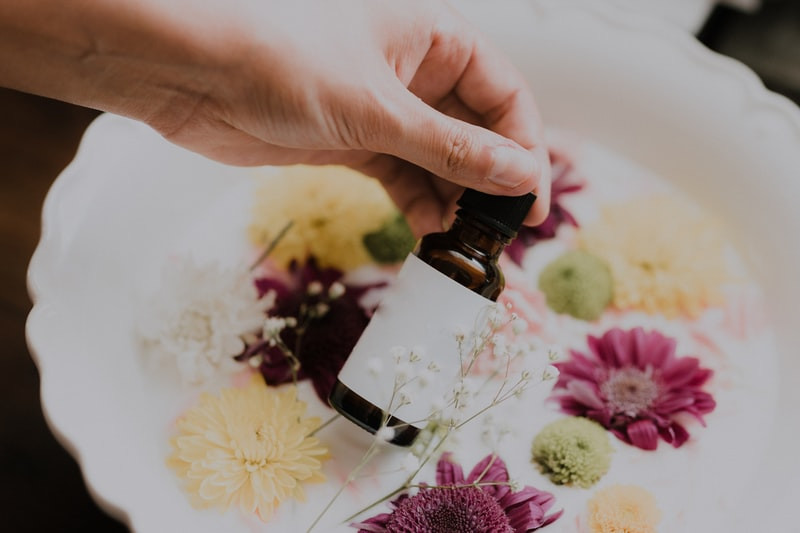Essential oils were initially popularized as aromatherapy to infuse rooms with a pleasant and refreshing fragrance. Beyond their soothing scents, these plant-derived compounds are believed to offer various health benefits. If you're interested in trying essential oils, read on to learn how to use them correctly.
What are Essential Oils?
Essential oils are concentrated plant extracts obtained through various methods, including distillation, pressing, solvent extraction, and fat-based extraction. The method used depends on the specific plant being processed.
These oils are primarily used in aromatherapy. Inhaling the aroma of essential oils can stimulate the brain's limbic system, which is crucial in regulating emotions, behavior, the sense of smell, and memory.
The limbic system also influences several subconscious physiological functions, such as breathing, heart rate, and blood pressure. As a result, some individuals believe that essential oils can have a physical impact on the body. However, more research is needed to fully understand the health benefits of essential oils.
How to Use Essential Oils
Many people think essential oil must be safe to use because it is made naturally from plants without any additional substances. Although it is safe, but if you store and use it in the wrong way, the use of essential oil will not be effective.
For those of you who want to use essential oil, here are the guidelines for its proper use:
Consult a Doctor
It's a common misconception that all natural ingredients are safe for treating various health issues. However, essential oils can have different effects on different people.
For instance, inhaling peppermint oil may relieve headaches for one person but cause adverse reactions like a rapid heartbeat for another. Some essential oils should also be avoided during pregnancy as they may trigger uterine contractions.
It's best to consult a naturopathic doctor or certified aromatherapist to determine which essential oils are safe, how to use them, and the correct dosage. This is especially important for pregnant women, children, and individuals with chronic conditions.
Not All Essential Oils are Created Equal
The quality of essential oils varies widely. Some are made with synthetic materials that mimic the aroma but lack the beneficial properties of pure oils.
When purchasing essential oils, check the label for information about purity and the presence of synthetic additives.
Store in a Dry Place
Certain essential oils have a shorter shelf life than others. To prevent evaporation and preserve the oil's quality, store it in a dry area away from sunlight. Exposure to heat can degrade the oil's contents and cause it to decompose quickly. It's best to keep essential oils in a cool, dry place, away from direct sunlight.
Keep Out of Reach of Children and Pets
Essential oils are typically intended for external use, such as in aromatherapy or topical application, and should not be ingested. To prevent accidental ingestion, store them out of reach of children and pets.
Do a Skin Reaction Test
Some essential oils can be applied to the skin for massage, bathing, or skincare. While generally safe, certain oils need to be diluted with water or carrier oils before application.
Applying essential oils directly to the skin may cause itching or irritation. Always follow the instructions on the packaging or consult a doctor before use.
Essential oils offer various health benefits, from promoting healthy skin to alleviating stress. However, even though they are made from natural ingredients, it's essential to use them correctly and consult a doctor first, especially if you're pregnant or have specific health conditions.
You can also consult a doctor through the Ai Care app, available for download on the Play Store or App Store.
Looking for more health tips, first aid advice, and home remedies? Check here!
- dr Nadia Opmalina
Bedosky, L. (2023). Essential Oil Dos and Dont’s: Aromatherapy Tips for Beginners. Available from: https://www.everydayhealth.com/wellness/essential-oil-dos-and-donts-aromatherapy-tips-for-beginners/
Cronkleton, E. (2019). How to Use Essential Oils. Available from: https://www.healthline.com/health/how-to-use-essential-oils
Frysh, P. (2023). Dos and Don'ts of Essential Oils. Available from: https://www.webmd.com/skin-problems-and-treatments/ss/slideshow-essential-oils
Cleveland Clinic. (2021). 11 Essential Oils: Their Benefits and How To Use Them. Available from: https://health.clevelandclinic.org/essential-oils-101-do-they-work-how-do-you-use-them











